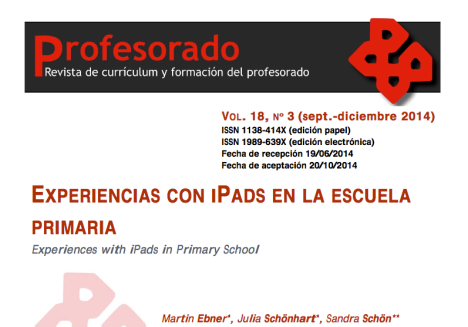At this year ICL 2017 conference in Budapest, Hungary we did a publication on “PDM field study and evaluation in collaborative engineering education“. Andreas did the presentation and the introduction to his PhD-work.
Abstract:
Collaboration in general but especially between students of Austrian Federal Secondary Colleges of Engineering (HTL) is becoming more and more important. Therefore, the joint diploma thesis has been introduced into the cur- riculum. Furthermore, joint student projects have become a crucial topic within the subject of mechanical engineering design. Because of the worldwide activi- ties of most companies, being able to collaborate within a huge team is seen as an essential for future jobs. To support the collaboration process in engineering education, a product data management (PDM) system was introduced to several Austrian HTLs within projects carried out in the Sparkling Science program of the Austrian Federal Ministry of Science and Research. In the academic year 2016/17 a field study was started to figure out how to enhance collaboration be- tween students by using this kind of software and methods. The outcome of this study will be to find out about the level of collaboration within students’ design projects.
Reference: Probst, A., Gerhard, D., Ebner, M. (2017) PDM field study and evaluation in collaborative engineering education. In: Conference Proceeding of ICL2017 – 20th International Confer-ence on Interactive Collaborative Learning. Budapest, Hungary, pp. 1-9

